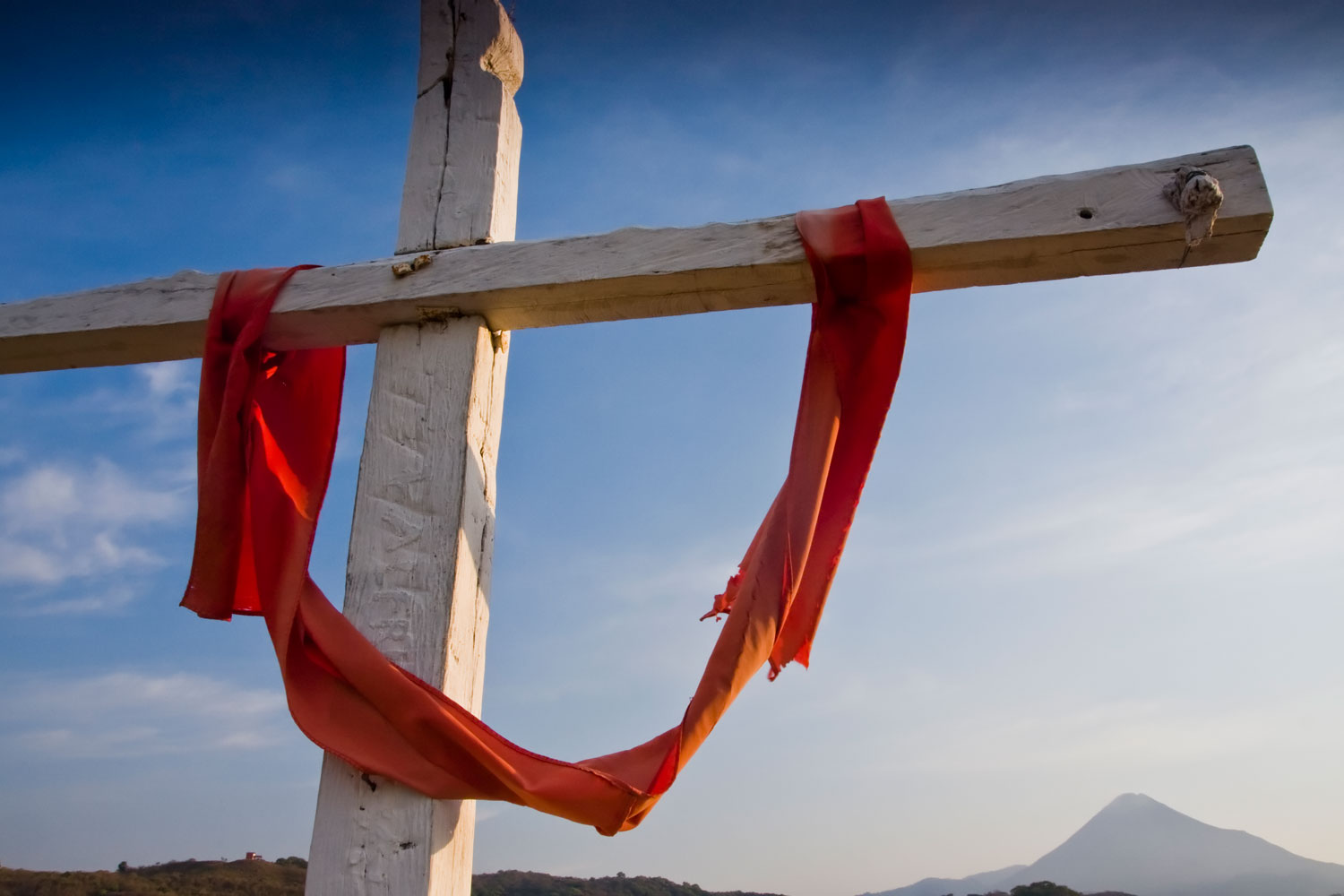 |
| Foto ajena |
Antón Chéjov
LA POSADA
Contaban que la posada fue construida en tiempos de Alejandro I por una viuda que se instaló allí con su hijo. Se llamaba Avdótia Tiérejova. A los que pasaban por su lado en las carrozas de posta, en particular en las noches de luna, el aspecto del patio oscuro con el tejadillo y los portones cerrados de modo permanente les producía una sensación de angustia y vaga inquietud, como si allí vivieran brujos o bandidos. Y siempre, al pasar de largo, el cochero volvía la cabeza y fustigaba a los caballos. Los viajeros se quedaban de mala gana, porque los dueños se mostraban adustos y cobraban muy caro. En el patio había fango hasta en verano. En el fango yacían unos cerdos grasosos, enormes, y andaban sueltos los caballos con que traficaban los Tiérejov. A menudo sucedía que los caballos, aburridos, se escapaban del patio y emprendían una furiosa carrera por el camino, asustando a los peregrinos. En aquel tiempo había allí un gran movimiento, pasaban largas caravanas con mercancías y se daban casos como aquel de hacía treinta años, por ejemplo, cuando unos arrieros enojados armaron una pelea y mataron a un comerciante que iba de paso. A media vérsta del patio todavía se levanta la cruz de madera, medio podrida. Pasaban coches de posta con sus campanitas y las pesadas diligencias señoriales. Entre mugidos y nubes de polvo, cruzaban también los rebaños de vacas y toros.
Antón Chéjov
"El asesinato"
Narraciones
Biblioteca Básica Salvat, Salvat Editores, 1970, p. 94
 |
| Cruz y hojas La Recoleta, Buenos Aires, 2008 Foto de Triunfo Arciniegas |
THE TAVERN
The story ran that the tavern had been built in the time of Alexander I, by a widow who had settled here with her son; her name was Avdotya Terehov. The dark roofed-in courtyard and the gates always kept locked excited, especially on moonlight nights, a feeling of depression and unaccountable uneasiness in people who drove by with posting-horses, as though sorcerers or robbers were living in it; and the driver always looked back after he passed, and whipped up his horses. Travellers did not care to put up here, as the people of the house were always unfriendly and charged heavily. The yard was muddy even in summer; huge fat pigs used to lie there in the mud, and the horses in which the Terehovs dealt wandered about untethered, and often it happened that they ran out of the yard and dashed along the road like mad creatures, terrifying the pilgrim women. At that time there was a great deal of traffic on the road; long trains of loaded waggons trailed by, and all sorts of adventures happened, such as, for instance, that thirty years ago some waggoners got up a quarrel with a passing merchant and killed him, and a slanting cross is standing to this day half a mile from the tavern; posting-chaises with bells and the heavy dormeuses of country gentlemen drove by; and herds of homed cattle passed bellowing and stirring up clouds of dust.


No hay comentarios:
Publicar un comentario